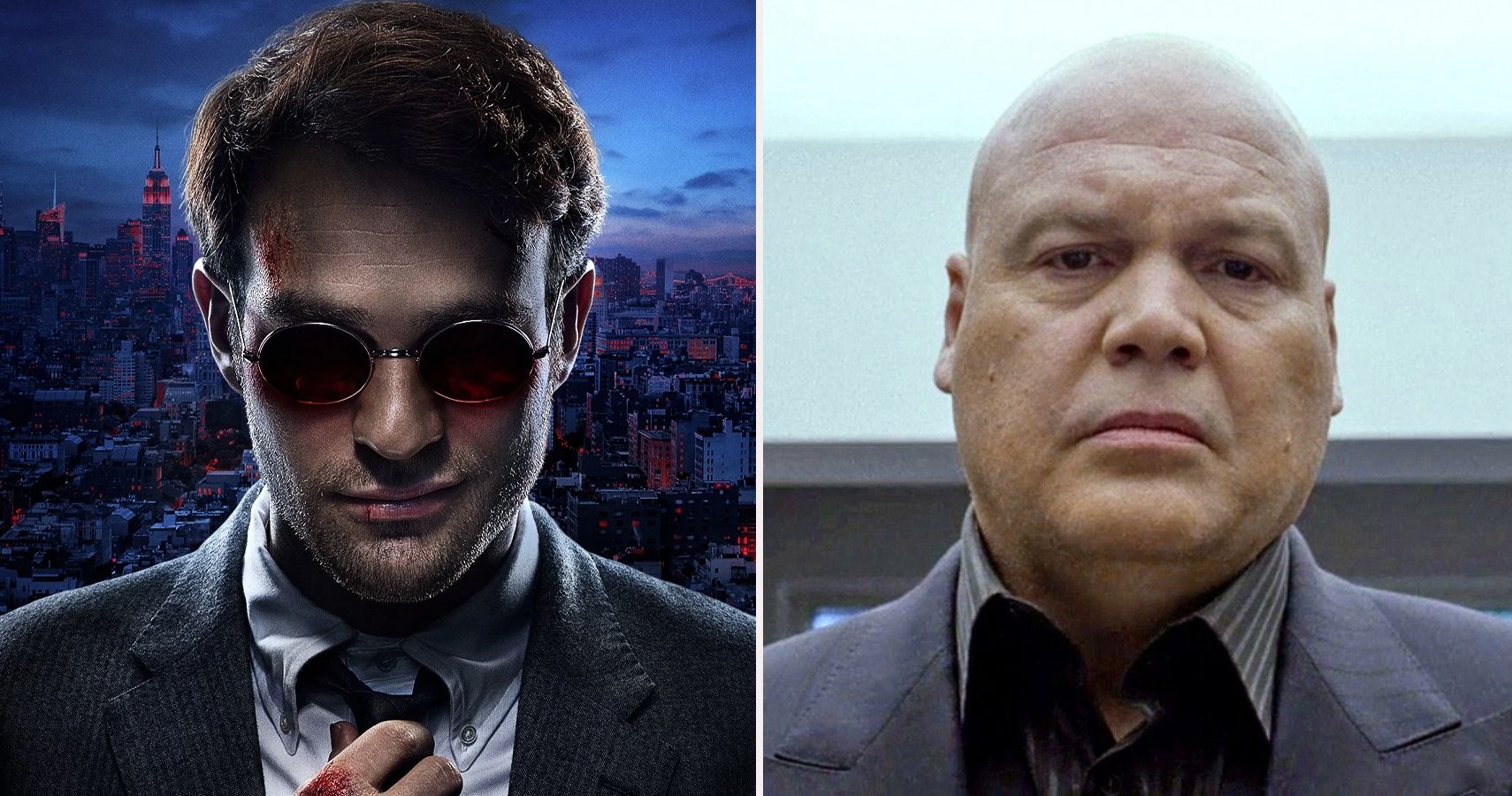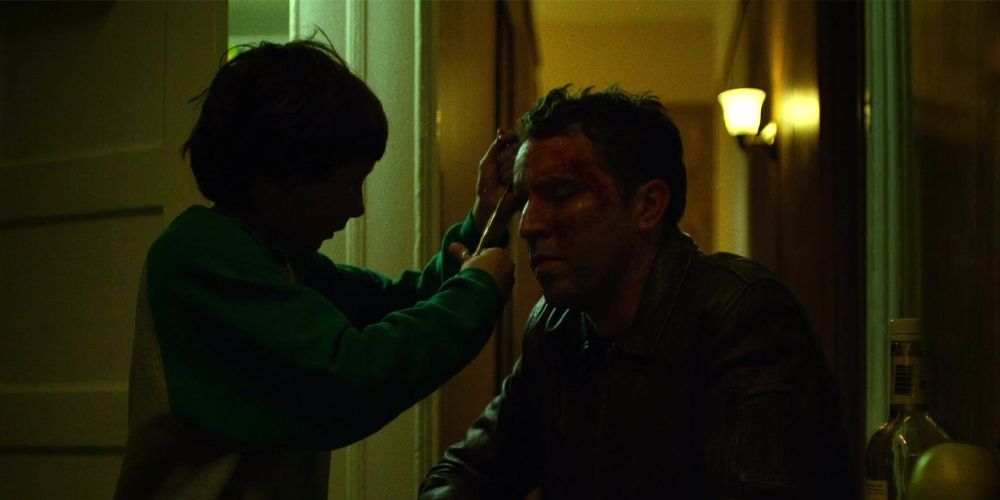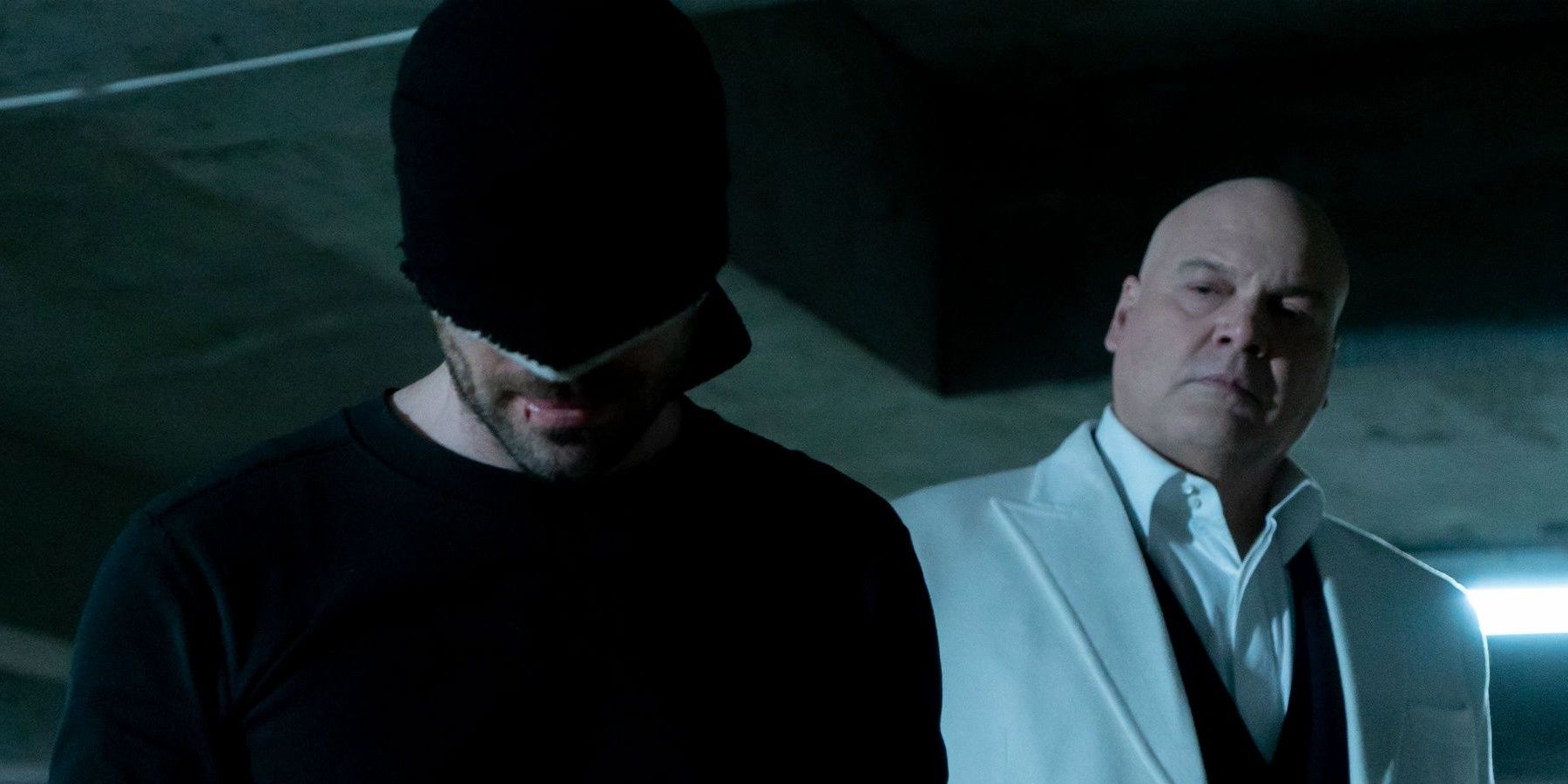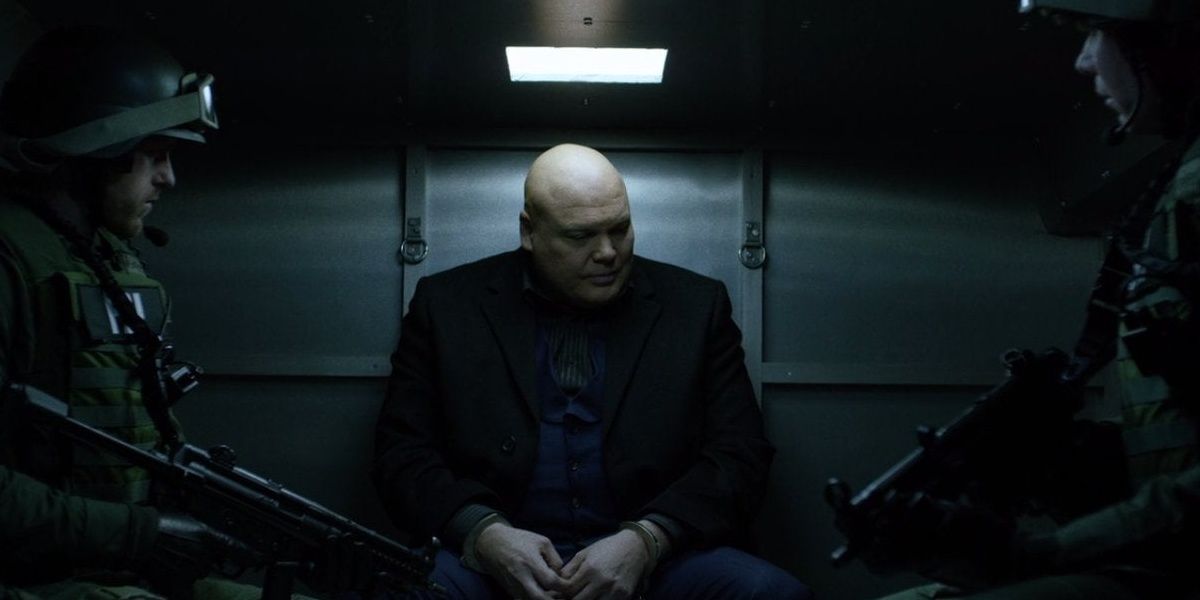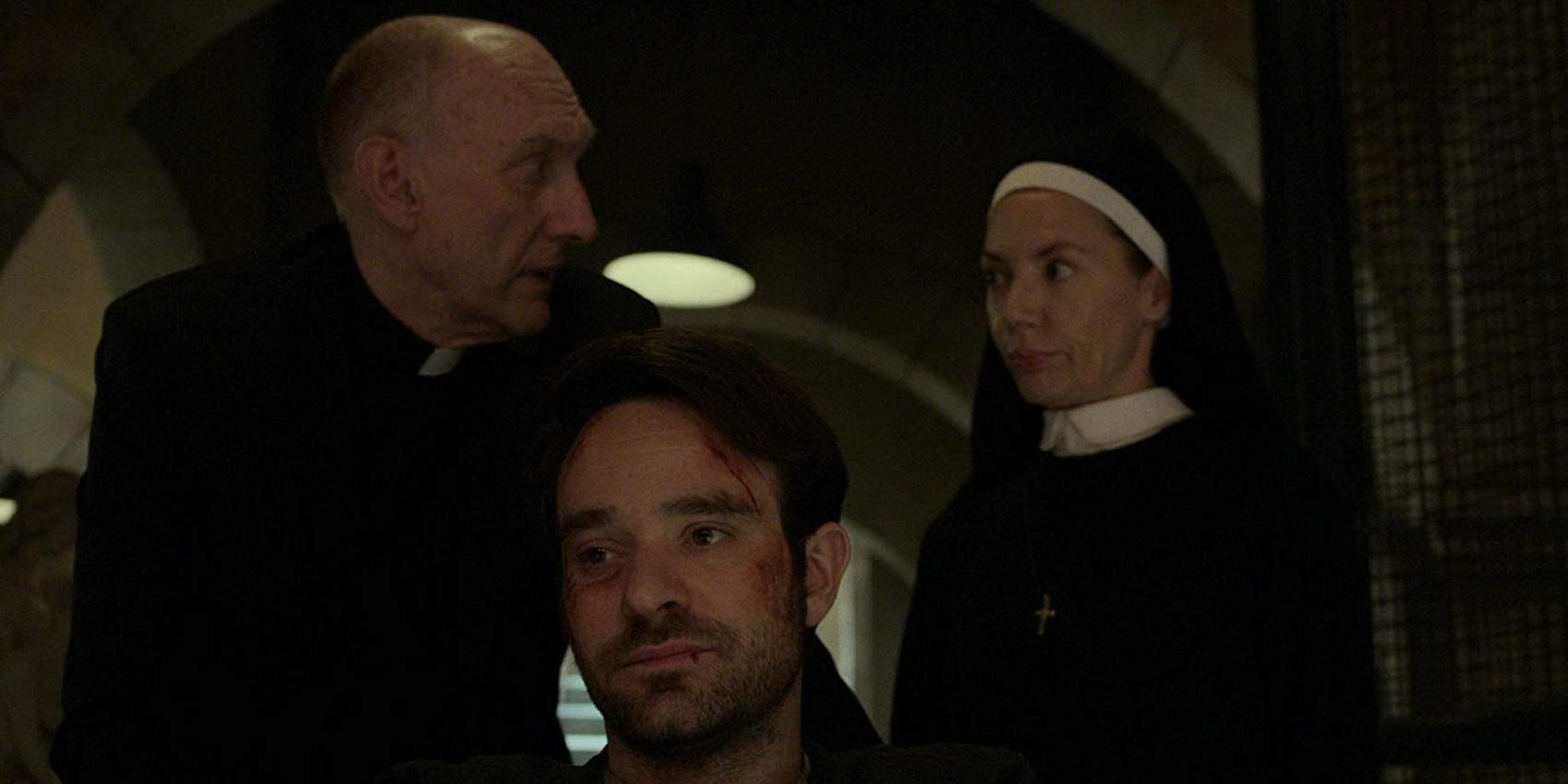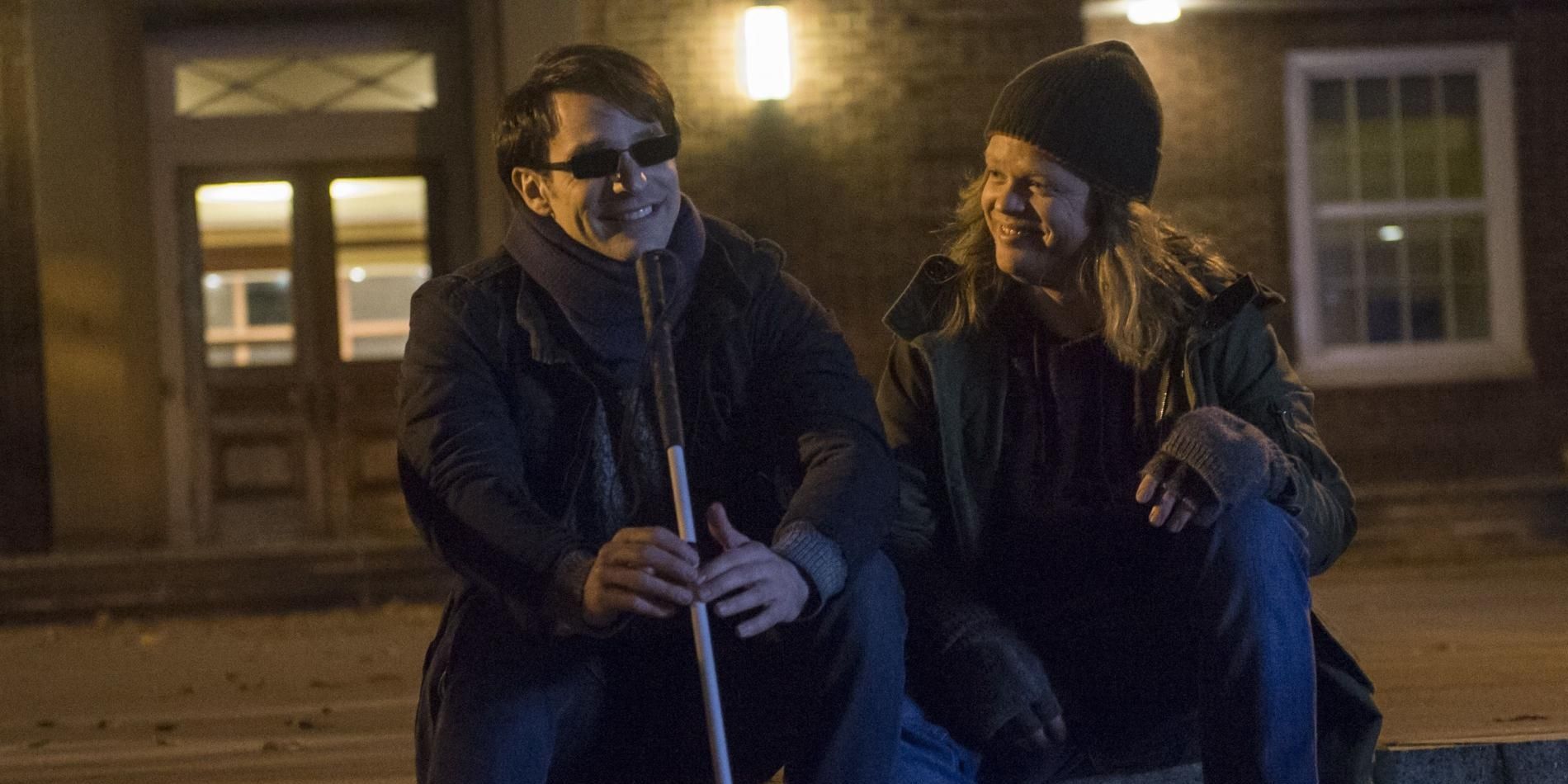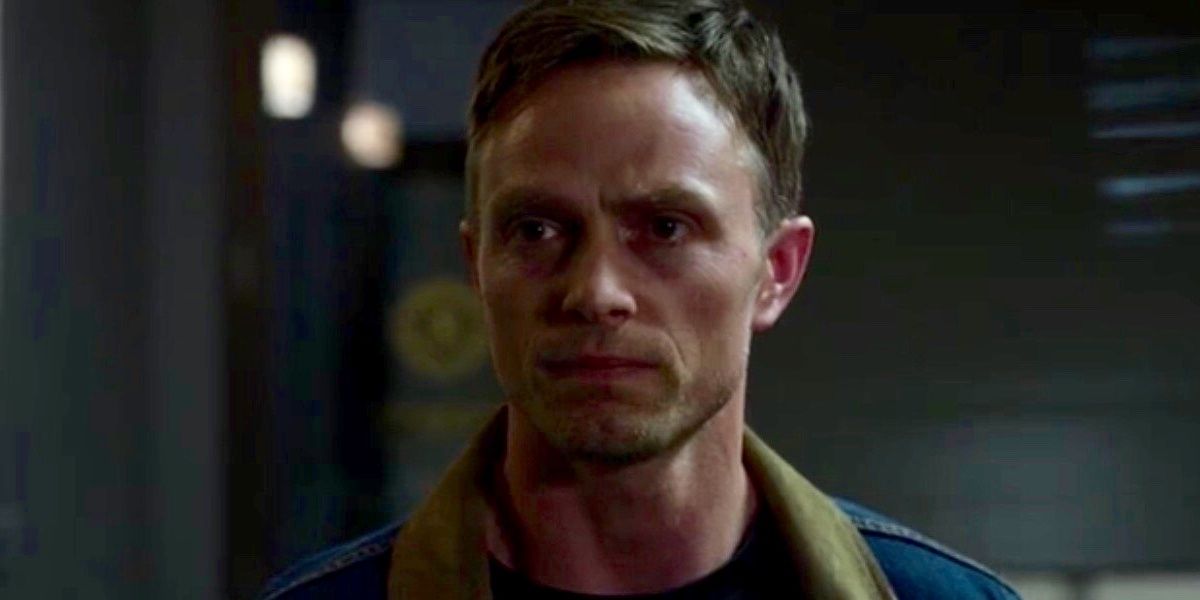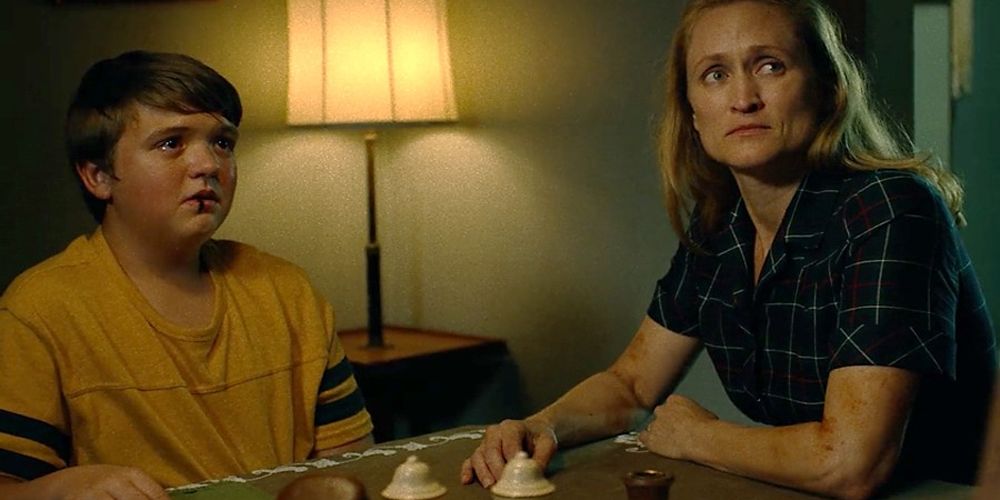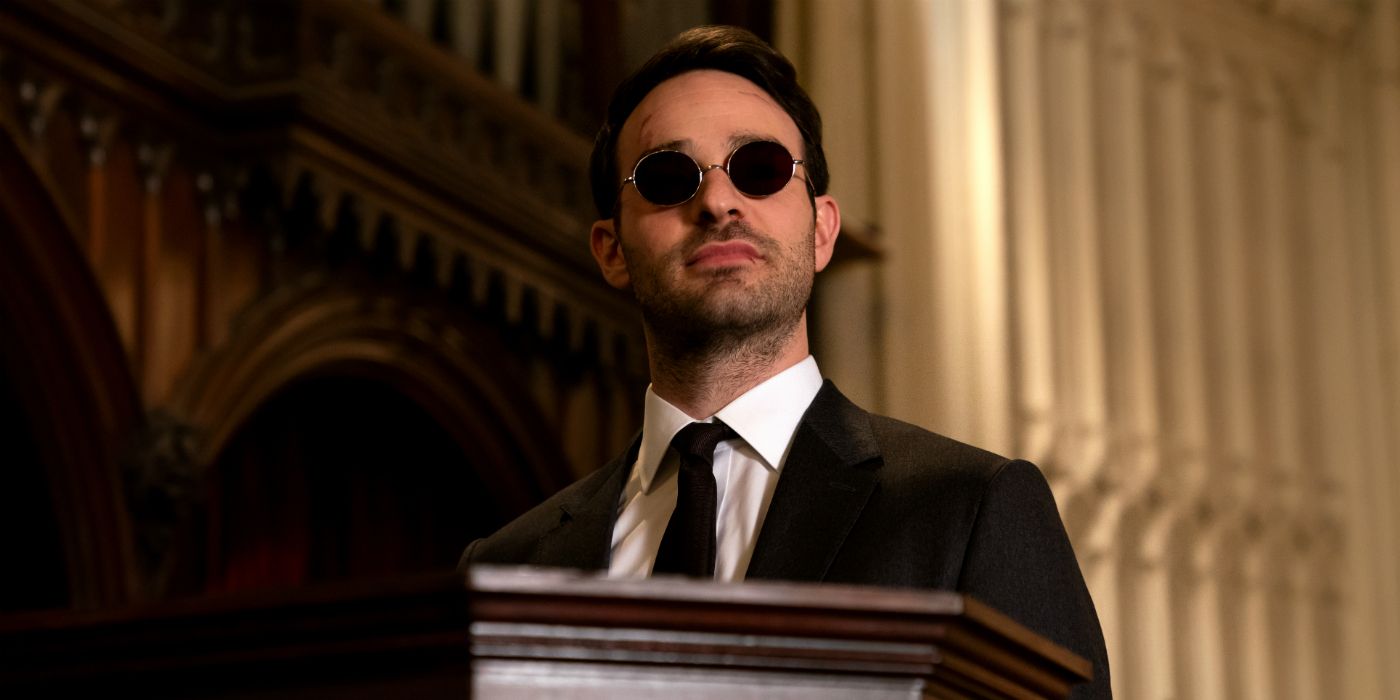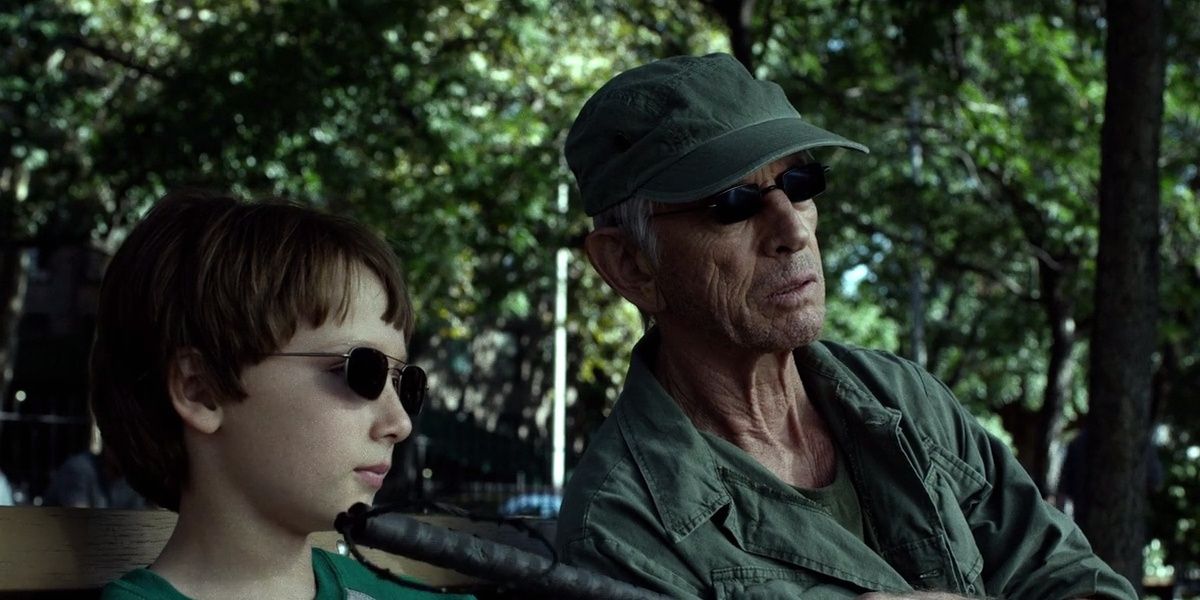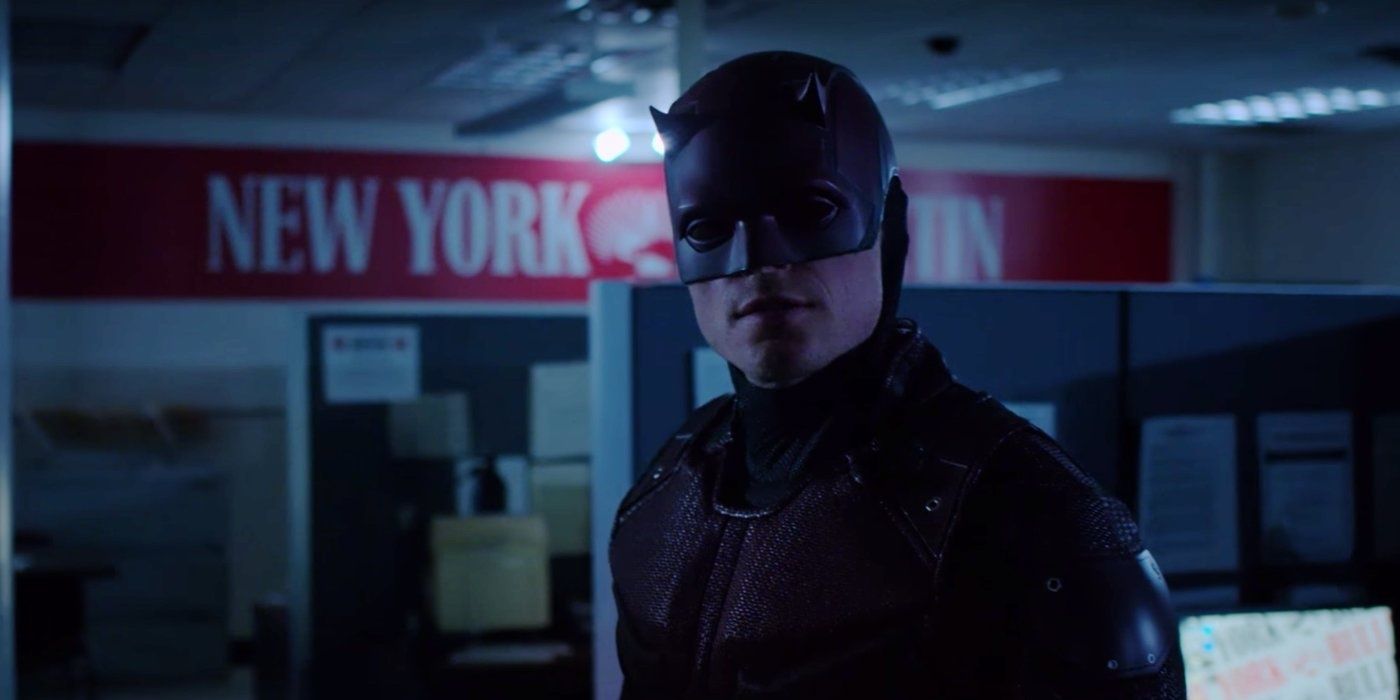The Marvel Cinematic Universe Netflix TV series Daredevil is a bittersweet subject for a lot of fans. As many people know, Marvel Studios had Marvel TV fold into them back in October 2019 in the lead-up to Disney+. This resulted in all the MCU Netflix shows getting axed after the release of their then-upcoming seasons. The biggest loss by far of this development was Daredevil. It is a show that easily rivals and surpasses plenty of comic book movies/shows, even in its "weakest" season.
Most fans won't argue that season two is better than either one or three, and to an extent, gets deserved criticism, but it still managed to be a solid season. However, one and three are in a class of their own and deserve to rank in the same arena as The Dark Knight. Here are five reasons season one is better than three, and five why three is better.
Season 1: Perfectly Executed Origin
Some in the minority who could not get into the series will claim that it takes too long to get going. However, this truly plays to its strengths by taking the time to develop the origin of Daredevil in a way that isn't tiresome. While this is understandable as this is an era when fans are largely tired of superhero origin stories, they can still be well-executed. Yes, enough of seeing Bruce Wayne's origin and even more done with seeing Peter Parker's, but the last time audiences saw a live-action Daredevil was in the critically-panned 2003 film.
Season one perfectly displays this origin by blending powerfully-acted flashbacks with the present day. The audience sees plenty of present-day developments of the main story to keep them engaged in the overall arc, but weaves in those flashbacks as they become relevant/referenced in the current time period.
Season 3: Matt's/Daredevil's Conflicted Moral Code
Both seasons one and three explore the morality and/or code Matt Murdock/Daredevil lives by as a man who is a lawyer by day and a vigilante by night. But season three arguably does this (somehow) even better than the first by bringing this conflict within Murdock to a boiling point.
Daredevil lives by a moral code like that of Batman, as they both refuse to kill. By season three, with the news of Fisk's release shaking Matt to his core, the hero for an extended period comes to terms with the fact that he will kill him. This internal conflict sees Matt descend to a dark place and is tense/exhilarating to watch.
Season 1: Character Development For Fisk/Kingpin
Wilson Fisk, A.K.A. Kingpin, was a daunting figure and obstacle for Daredevil and justice in general throughout all three seasons, even as a side character in the second season. However, a good bulk of Kingpin's character development happens in season one. This development arc for him is what directly leads to the events of season three.
Fisk has operated as the most powerful mob boss around for a long time, but he fools himself into believing that he is the hero of this story. He truly believes, for a while, that he's the catalyst for change Hell's Kitchen needs. But in the season finale, in a chilling supervillain monologue, he realizes he isn't "the good Samaritan," embraces the "ill-intent" in his heart, and also realizes his hatred for the city.
Season 3: Matt's Conflict With Faith
While by no means a religion-focused show, Daredevil certainly implements religion – specifically Catholicism – through its main protagonist. Thankfully, Daredevil never jams an agenda down the audience's throats.
Matt Murdock's conflict with God proves to be a fascinating and enthralling piece to his overall character arc across the series. Season three brings this to new heights, alongside his no-killing rule, leaving Daredevil to declare God as an opponent to his justice. His ultimate reconciliation with God by the end felt fulfilling and rewarding.
Season 1: The Origin Of Nelson & Murdock
Alongside the well-crafted and properly fleshed out origin of Daredevil the superhero and Matt Murdock the man, fans also see a great, equally well-written origin for Matt's friendship with Foggy Nelson. Elden Henson is a great actor and gives a strong performance throughout the show as Foggy, who is fleshed out as a character to complement Matt's development.
It's fitting and heartbreaking to see the bulk of this origin be shown as a parallel. The season shows how they grew to be best friends and how their friendship is beginning to crumble apart.
Season 3: A Brilliant Supporting Villain
The first season of Daredevil had Wilson Fisk take the center stage as the main supervillain. It executes this antagonist in fantastic fashion, but season three adds another character and dynamic into the mix on the side of the supervillains that makes things better plot-wise.
Benjamin Poindexter is introduced as a deeply disturbed individual who gradually degrades into Bullseye. Wilson Bethel gives a chilling performance as the character and is a major force, but Bullseye doesn't take the spotlight from Kingpin and complements him, similar to Matt and Foggy. Poindexter's origin was haunting and fantastically executed with Fisk "seeing" his past with the film in black and white.
Season 1: Kingpin's Origin
Since season one was the first MCU appearance for Vincent D'Onofrio's excellently-performed Kingpin, it naturally shows the audience the origins of the character. This allows the viewer to become deeply invested in the character's arc and understand the reason Wilson Fisk descended to the depths he did.
Fisk's origin makes his self-revelation of his true role in this story in the final episode so much more terrifying. The brutal and tragic flashback helps the viewer empathize to a degree while emphasizing how dangerous he is.
Season 3: Charlie Cox's Performance
To be clear, Charlie Cox (and the whole ensemble throughout the show) brought his A-game throughout all three seasons, but season three brought out the absolute top-tier performances from him. Perhaps "edgy" to some, Cox's performance displaying the character's moral conflicts drive home the realistic dark descent and battle within Murdock.
Maybe even more satisfying is his triumph over his demons and Fisk in refusing to let him "win" by getting Daredevil to kill him. While strong all-around, Matt's declaration of victory over Fisk after their fight was a powerful, Emmy-award-winning performance alone.
Season 1: Troubled Father-Son Relationship
As expected from a boy who lost his father to organized crime and whose mother was mysteriously out of the picture, Matt tried developing a father-son dynamic with his cynical mentor: Stick. Through the telling of Daredevil's origin/present-day story, audiences see the tragic build-up and degradation of their relationship (initially).
Stick came in and put Matt on a path of discipline when he was at one of his lowest points. While season three beautifully completes this part of his arc, season one brilliantly demonstrates what abandonment does to a child.
Season 3: The Most High-Stakes Action
Action/hand-to-hand combat scenes are one of the many strong points of Daredevil, but season three may just have the most thrilling sequences in this department.
Season three brought audiences some of the most anxiety-inducing combat sequences. Some of the highlights include a 10-minute/one-take prison break-out scene, all of the fights between Daredevil and Bullseye, and the final vicious fight between Daredevil, Bullseye, and Kingpin. In terms of action, this was the culmination and peak of the whole show.

